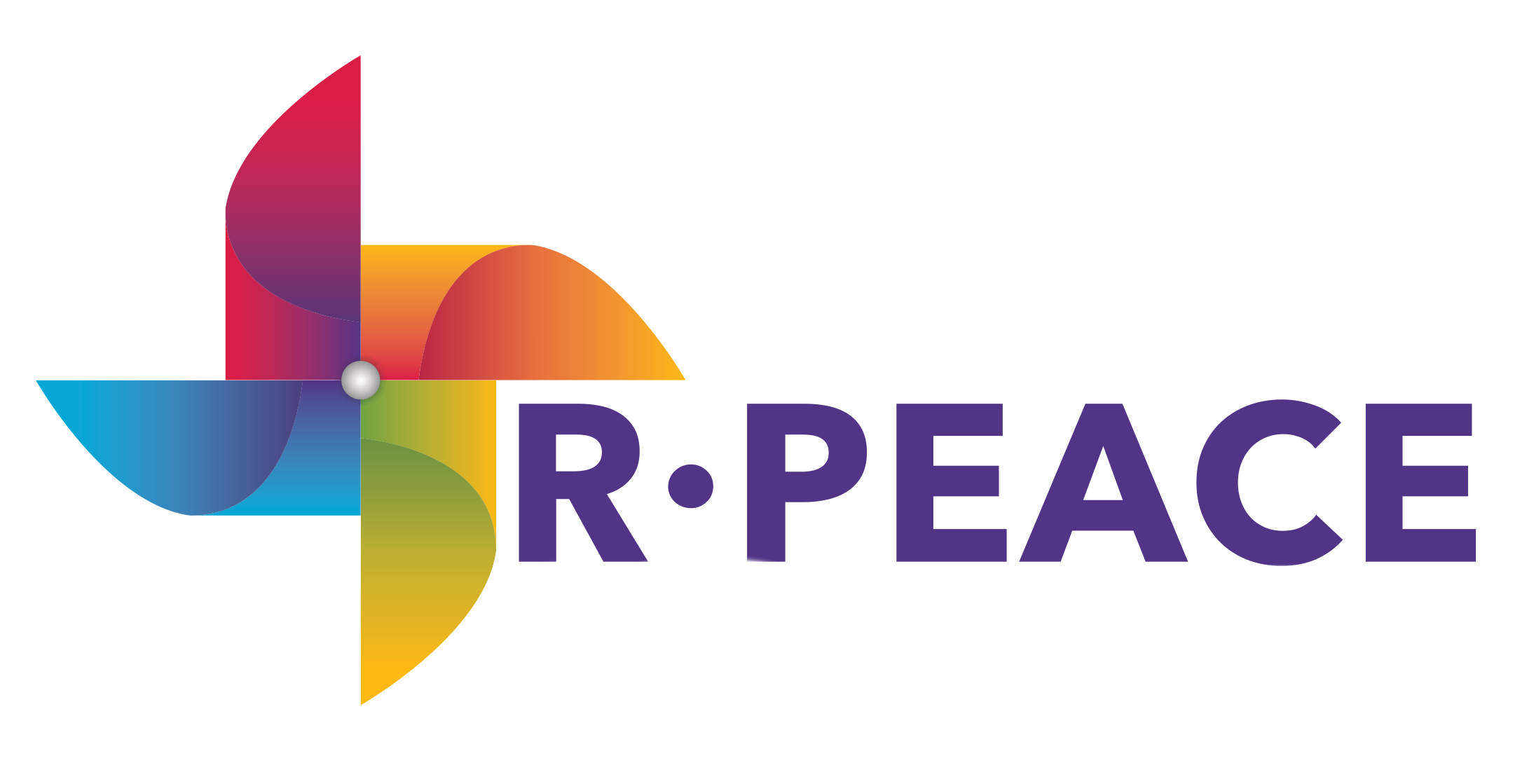Student Projects
What a Whale of a Time! How a Mount A Psych Student Merged Community and Classroom in One Fell Swoop
In the spring of 2020 Emily Saulnier-Eagles, a third-year Psychology and Religious Studies student, brought together community and classroom in a unique project on right whales. Researching the moral perspectives of hunting right whales from both a conservation and commercial fishing point of view through first-hand interviews, Emily was able to dive deeper into this issue that hits very close to home. Emily, who comes from a small town in Northern New Brunswick where commercial fishing supplies the livelihoods of many of her neighbours and friends, was very pleased to have the opportunity to interview and collect data right from the fisherman themselves, an experience that she considers to be highly important when trying to educate both herself and her peers on this phenomenon.
After an initial interest in exploring how humans tend to homogenize ecosystems, Emily worked under the supervision of Dr. Barbra Clayton of Mount Allison’s Religious Studies Department and was able to create an Experiential Learning project for her class “Mother Earth, Father Sky: Religion, Humans, and Nature”. This project had her engaged with members of her own community while also building relationships with members of the Mount Allison community that were outside of her field. Emily especially wants to thank Dr. Liefer, a professor of Biology and Geography and Environment, for “taking the time to brilliantly answer my loaded questions”.
When asked about what she has learned through this project, Emily says she can talk about right whales “like there’s no tomorrow”. But more than this, Emily says that the project has helped bridge the gap between her two worlds; the life of her family and friends at home, and the life she leads here at Mount A.
“Learning something in theory is one thing, but having the chance to go out in the world and learn it in a hands-on fashion is something else” Emily responded when asked about her favourite part of the project. She also expressed the value of Religious Studies as an academic discipline, stating that Religious Studies is “inter-connected to so many aspects of our lives in overt and covert ways”.
Emily’s project was made possible through the generosity and enthusiasm of Mount A’s passion for experiential learning. Do you see yourself creating a project like this? Do you want to know how to get involved? Check out our “Students” page for more details of how you can bring your passions and community interests into your academic life at Mount Allison.
a class quilting project
In the Summer of 2019 Dr. Wilson of Mount A’s Religious Studies Department was selected to be the Town’s artist in residence focusing on the Sackville Waterfowl Park, a central nature reserve and hub for community activity. He proposed a project and created a community quilt as a metaphor that reflected the ways in which the waterfowl park is meaningful to the community, the history it connects to, and the natural beauty it contains.
The fabrics for the quilt were dyed using plants from the waterfowl park; the blocks and patterns were inspired by the natural surroundings and local traditions of quilting. The finished quilt incorporated natural elements from the park—feathers, leaf prints, bark, twigs—as well as clothing from some of the park’s founders. In terms of learning, this quilt was an exercise in exploring community identity through the creative craft of quilting.
The process of undertaking this artistic project led Dr. Wilson to consider its application to one of his courses, RELG 3671 “In the Image of God”. This course takes Genesis 1 as its focus, a foundational text for Christianity in terms of understanding the human condition and the connection between humanity and divinity. Dr. Wilson states that in teaching this course, “it is always a challenge to connect students to what seem lofty intellectual and devotional traditions”.
The question? How do students stay engaged while learning about abstract religious concepts? The solution? According to Dr. Wilson; hands-on activities as a way of bridging abstract ides and practical experience. As an accompaniment to the course materials, the students designed, sewed and assembled a quilt. In this way, the abstract notions that the course explored—notions of fellowship and of relational identity—came together like stitches on fabric, something readily accessible and extraordinarily familiar.
To assist the students, the class partnered with the Sackville Quilter’s Guild whose volunteers assisted students in learning quilting techniques. Students took a great deal of pride in the finished project, but also appreciated the way in which identity enfolds within it history, community, context and craft. In effect, the quilt became a contemporary, lived expression of iconography, one that drew together the identity of the class community into an image that reflected something greater. This project would not have been possible without the use of the R-PEACE learning lab space, the adaptability and flexibility of which was key. This quilt project demonstrates the astonishing layers of connection possible when incorporating local cultural traditions and material practices into the abstract discourses of a third level philosophy of religion course.


